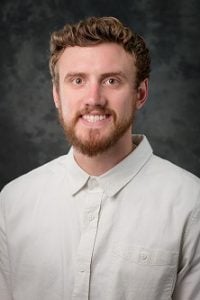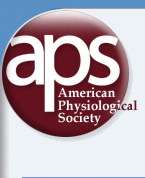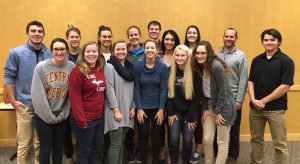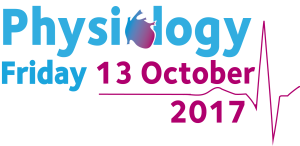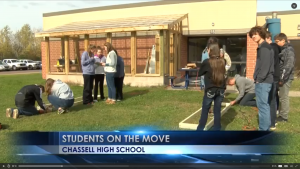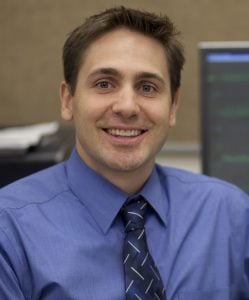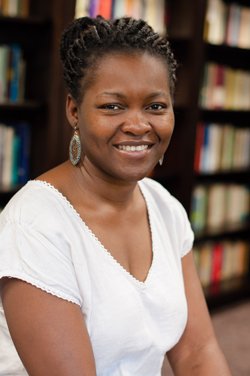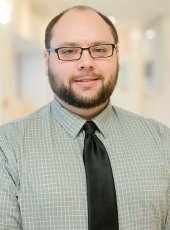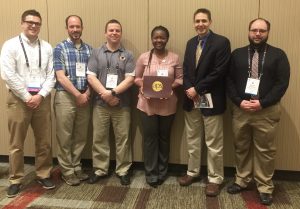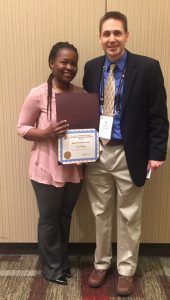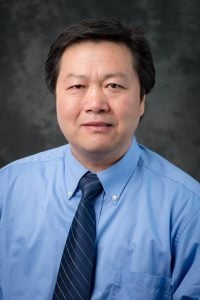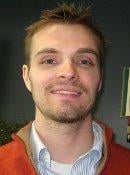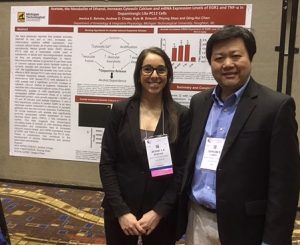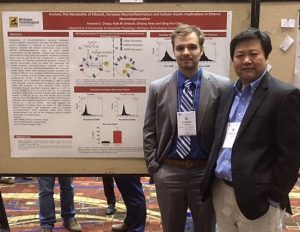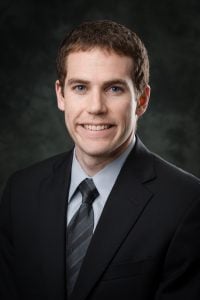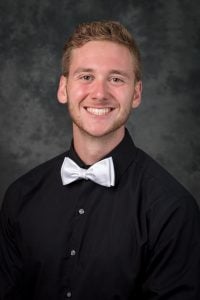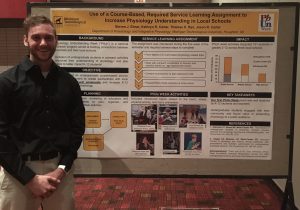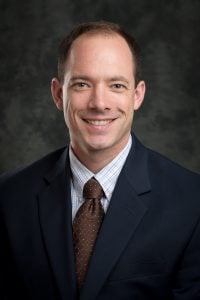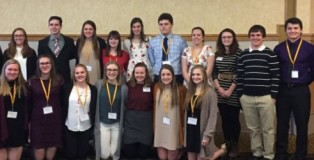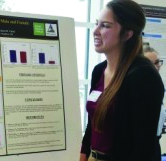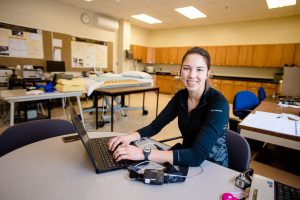 When I first decided to pursue a career in physical therapy (PT) I had no clue how to go about the application process or what steps were involved. Being clueless is OK. There’s a lot of people in the same boat. Start by talking to your advisor and developing a plan. Current PT students are also an excellent resource because they’ve “been there”. In addition, Michigan Technological University provides many other resources to support students on this path (the writing center was one I highly recommend using for essays).
When I first decided to pursue a career in physical therapy (PT) I had no clue how to go about the application process or what steps were involved. Being clueless is OK. There’s a lot of people in the same boat. Start by talking to your advisor and developing a plan. Current PT students are also an excellent resource because they’ve “been there”. In addition, Michigan Technological University provides many other resources to support students on this path (the writing center was one I highly recommend using for essays).
Twelve students have been awarded the Portage Health Foundation Making a Difference Scholarship. The scholarships are part of a Michigan Tech-Portage Health Foundation partnership established in 2015 to support health education. This year’s recipients have an average GPA of 3.87 and represent the breadth of health-related research happening on Michigan Tech’s campus.
The $8,000 scholarships went to:
- Bailey Poyhonen, Dollar Bay, medical laboratory science
- Brennah Wasie, Hancock, biochemistry and molecular biology
- Laura Lyons, Lake Linden, biomedical engineering
- Sarah Dix, L’Anse, exercise science
Receiving $1,000 scholarships were:
- Kierstyn Codere, Lake Linden, biological sciences
- Grace Liu, Houghton mechanical engineering
- Mara Hackman, Houghton, medical laboratory science.
- Jaden Janke, Dollar Bay, biological sciences
- Ally Fenton, Hancock, biomedical engineering
- Jada Markham, Houghton, exercise science
- Kellan Heikkila, Chassell, biomedical engineering
- Dawson Kero, Hancock, biological sciences
“The merit-based awards reflect the high caliber student talent we have locally, thanks to exceptional teachers, HOSA high school advisers, and Michigan Tech faculty and students who do outreach in the schools,” says Jodi Lehman, director of foundations at Michigan Tech.
At a dinner for finalists, the scholarship recipients had a chance to talk one-on-one with Michigan Tech researchers. Mechanical Engineering-Engineering Mechanics faculty Ye Sarah Sun shared with students how she develops new interfaces for heart monitoring that are reliable and won’t disturb a patient’s life at home, while driving or at work.
Biomedical engineer and health care entrepreneur, Megan Frost, shared how she is working to improve wound care with a product designed to prevent infection and reduce the need for some post-acute care.
Scholarship recipients also heard from current students, Adison Cook, a 2016 Making a Difference scholar; Stephanie Bean and Maddie Morley, both PHF Undergraduate Research Interns; and Kelsey Saladin, a Portage Health Foundation and Randy Owsley Memorial Athletic trainer scholar.
“The Portage Health Foundation has also been very generous in granting need-based scholarships to students enrolling at Michigan Tech, Finlandia University, Gogebic College, Northern Michigan University, and Michigan State University in health-related degree programs,” says Joe Cooper, Director of Financial Aid at Michigan Tech, “These scholarships make a significant financial impact for students in our own local communities. Thanks to the Portage Health Foundation, students from Baraga, Houghton, Keweenaw, and Ontonagon counties have extra support so they can attend college and focus on health related careers.”
Portage Health Foundation Making a Difference Scholarship applications will open in the fall for incoming high school seniors and transfer students applying to Michigan Tech for fall 2019. Questions about the scholarshipcan be directed to Rachel Connors, assistant director of admissions, 7-1880.
